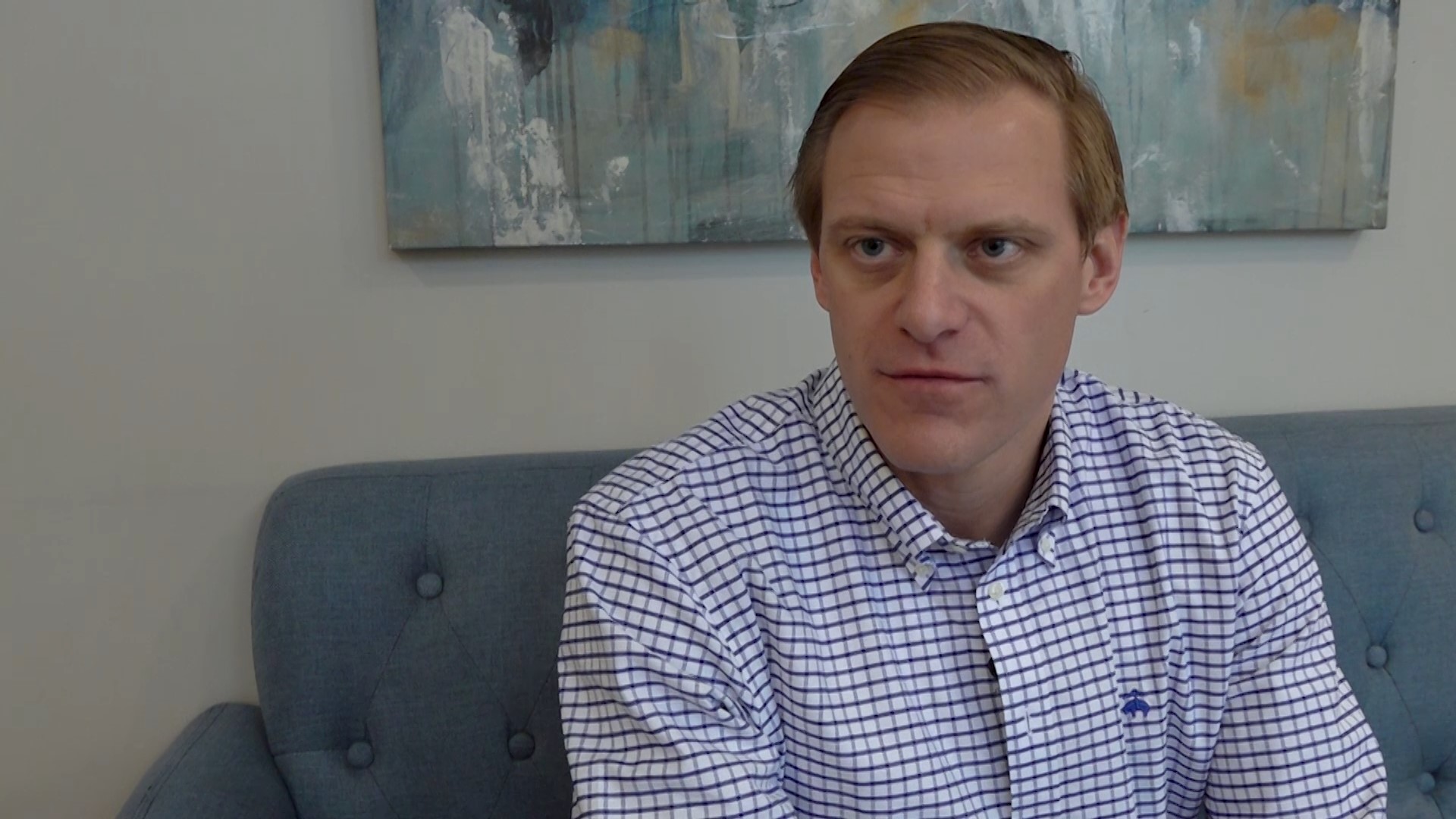MONTGOMERY, Ala. — The U.S. Supreme Court Monday declined to review an Alabama case that sparked a national debate over the availability of in vitro fertilization (IVF) treatments.
The Center for Reproductive Medicine and Mobile Infirmary Medical Center filed a petition in August challenging a February Alabama Supreme Court ruling that frozen embryos were minor children under an 1872 law.
The decision forced several clinics to halt services — and at least one clinic to plan to end services entirely at the end of 2024 — and sparked widespread criticism. The Alabama Legislature in March approved a bill granting clinics criminal and civil immunity in the course of providing IVF treatments.
The IVF clinics asked the nation’s high court to reverse the ruling, arguing that it upends over a century of legal interpretation and threatens the future of reproductive services in the state.
“The Supreme Court of Alabama bucked the common sense understanding of the statute on which Alabama’s IVF providers (and recipients) had come to rely and broke with every court in the United States to have considered similar issues,” the petition to the U.S. Supreme Court stated, adding “the decision was unwarranted and, in the words of one justice of the Supreme Court of Alabama, ‘shocking.'”
As is customary, the justices did not give a reason for their decision. Messages seeking comment were left with lawyers for both plaintiffs and defendants on Monday.
The case stems from a lawsuit brought by Felicia and Scott Aysenne, who claim that negligence of the facility led to the destruction of their frozen embryos. In its ruling earlier this year, the Alabama Supreme Court ruled that under the 1872 law, the parents could seek civil damages for their destruction.
Two other couples who were part of the initial suit agreed to drop their case against the IVF providers in August, but the current lawsuit remained. The lawsuit was dismissed with prejudice, meaning plaintiffs cannot make the same claim in the same court. The filing did not state a reason for the decision.
The clinics argued to the Supreme Court that the ruling violates their due process rights under the 14th Amendment, saying that they were not given fair notice that disposing of unused embryos, as part of standard IVF procedures, could result in civil damages. They also claim the Alabama Supreme Court failed to address sufficiently whether the plaintiffs had legal standing to bring the case.
“By upending Petitioners’ commonsense understanding of their statutory obligations, and by altogether ignoring Petitioners’ repeated submissions regarding Respondents’ lack of standing to prosecute the case, the Supreme Court of Alabama trampled on the fundamental due process protections that animate the Fourteenth Amendment to the United States Constitution,” the petition stated.
An attorney for the family filed a motion in August saying they would not respond to the clinic’s request for a hearing by the Supreme Court. A court hearing is scheduled for November 8 in the Circuit Court of Mobile County.
This article originally appeared in the Alabama Reflector, an independent, nonprofit news outlet. It appears on FOX54.com under Creative Commons license CC BY-NC-ND 4.0.

